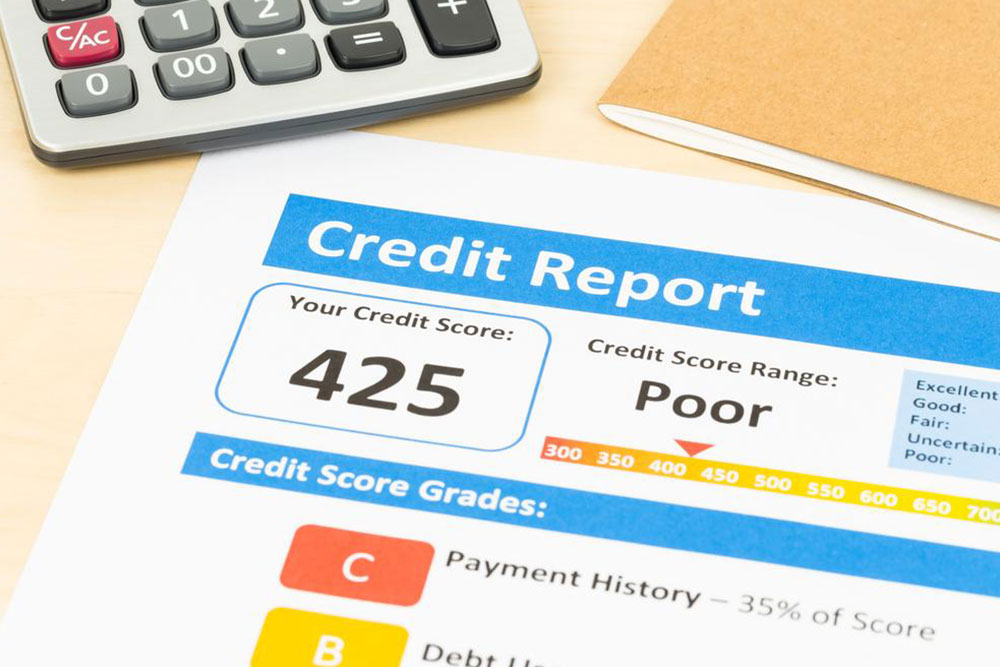Complete Guide to Secured Business Loans: How to Secure Funding for Your Enterprise
This comprehensive guide explores secured business loans, covering types, eligibility, application steps, and tips for approval. Learn how collateral backing enhances your chances of securing funding to support your business growth. Essential reading for entrepreneurs looking to finance their enterprise confidently.

Understanding Secured Business Loans
Starting or expanding a small business often requires significant capital investment. Entrepreneurs and business owners frequently seek external funding sources to meet operational costs, purchase equipment, or finance expansion plans. Among the various financing options available, secured business loans stand out as a reliable and accessible solution for many small and medium-sized enterprises (SMEs). However, understanding the ins and outs of secured loans is essential to make informed financial decisions and maximize benefits.
This comprehensive guide explores what secured business loans are, how they work, the different types available, eligibility requirements, application procedures, and tips to improve your chances of approval. By the end, you'll be equipped with the knowledge needed to navigate the secured loan landscape confidently.
What Are Secured Business Loans?
Secured business loans are financing agreements backed by collateral, which can include assets such as real estate, equipment, inventory, or other valuable property. Collateral serves as a security measure for lenders, reducing their risk and making it more likely for businesses to obtain funding. If the borrower defaults on the loan, the lender has the legal right to seize and sell the collateral to recover the owed amount.
While collateral increases the likelihood of loan approval, it does not guarantee it. Borrowers still need to meet specific credit and financial stability criteria. Understanding the terms and conditions associated with secured loans is crucial to avoid any surprises during repayment.
Types of Secured Business Loans
There are primarily two categories of secured business loans: those supported by government-backed agencies and those supported by personal guarantees.
SBA-Backed Loans: These loans are guaranteed by the Small Business Administration (SBA), reducing lender risk. The most common SBA loan programs include the 7(a) and 504 loans. The 7(a) program offers up to USD 5 million, suitable for various needs such as equipment purchase, working capital, or refinancing existing debt. The SBA covers approximately 85% of the loan, which encourages lenders to offer favorable terms.
CDC/504 Loans: These are designed for major fixed asset purchases like real estate or large equipment. They can provide funding up to USD 20 million. These loans involve a partnership between the CDC (Certified Development Company) and private lenders, with the SBA backing the loan to offer lower interest rates.
Micro-Loans: For smaller funding needs, micro-loans are an excellent option. These are typically under USD 50,000, often come with no application or other fees, and support startups or small businesses with limited collateral.
Choosing the right type of secured loan depends on your company's financial needs, growth plans, and collateral availability.
Eligibility Criteria for Secured Business Loans
Before applying, it’s important to understand the eligibility criteria lenders evaluate. While requirements may vary among lenders, common standards include:
Credit Score: Most lenders prefer a personal and business credit score of at least 650. A higher score improves approval chances and possibly results in better interest rates.
Established Business Operations: Lenders typically want to see that your business has been operational for a certain period, often at least one year.
Financial Stability: Demonstrating steady income, positive cash flow, and financial statements can strengthen your application.
Collateral Availability: Sufficient assets to serve as collateral need to be identified and valued appropriately.
Personal Financials: You may need to provide personal income statements, tax returns, and evidence of personal savings.
Meeting these criteria doesn’t guarantee approval but significantly improves your likelihood.
The Application Process for Secured Business Loans
Securing a business loan requires careful preparation. Here’s a step-by-step overview of what you can expect:
Gather Necessary Documentation: Prepare a comprehensive business plan detailing your business model, market analysis, financial forecasts, and use of funds. Collect financial documents such as recent tax returns, bank statements, and proof of collateral assets. Also, include personal identification like a driver’s license or passport.
Assess Loan Options: Determine which loan type aligns with your needs and check eligibility criteria for each.
Apply for the Loan: You can apply directly through banks, credit unions, or government-backed programs. Online platforms are also available for some options. Complete all required forms accurately and attach supporting documentation.
Loan Underwriting and Approval: The lender reviews your application, verifies your documents, and assesses your creditworthiness and collateral. This process can take several weeks. Be prepared to answer additional questions or provide clarifications.
Loan Acceptance and Funds Disbursement: Upon approval, review the loan terms carefully. If you agree, sign the agreement and receive the funds, typically deposited into your business account.
Working with a financial advisor or loan officer can streamline the process, clarify your options, and help you select the best financing solution.
Tips to Improve Your Chances of Approval
To enhance your prospects of securing a secured business loan, consider the following strategies:
Improve Your Credit Score: Pay existing debts on time, reduce credit utilization, and correct any inaccuracies on your credit reports.
Strengthen Collateral: Ensure your assets are appraised accurately and are freely owned by your business or personally owned with clear title.
Maintain Robust Financial Records: Regularly update financial statements, and keep detailed records of income, expenses, and assets.
Develop a Clear Business Plan: Present a compelling case for how the loan will help your business grow and generate revenue.
Build a Good Relationship with Lenders: Establish trust and communication by engaging with lenders early and transparently.
Patience and thorough preparation can significantly increase your chances of approval, allowing you to access the funds necessary for business growth and success.
In conclusion, secured business loans can be pivotal in providing the funding needed to start, sustain, or expand your enterprise. Understanding the types of loans available, meeting eligibility requirements, preparing a strong application, and working with knowledgeable advisors can help you unlock the financial support vital for your business’s future.





